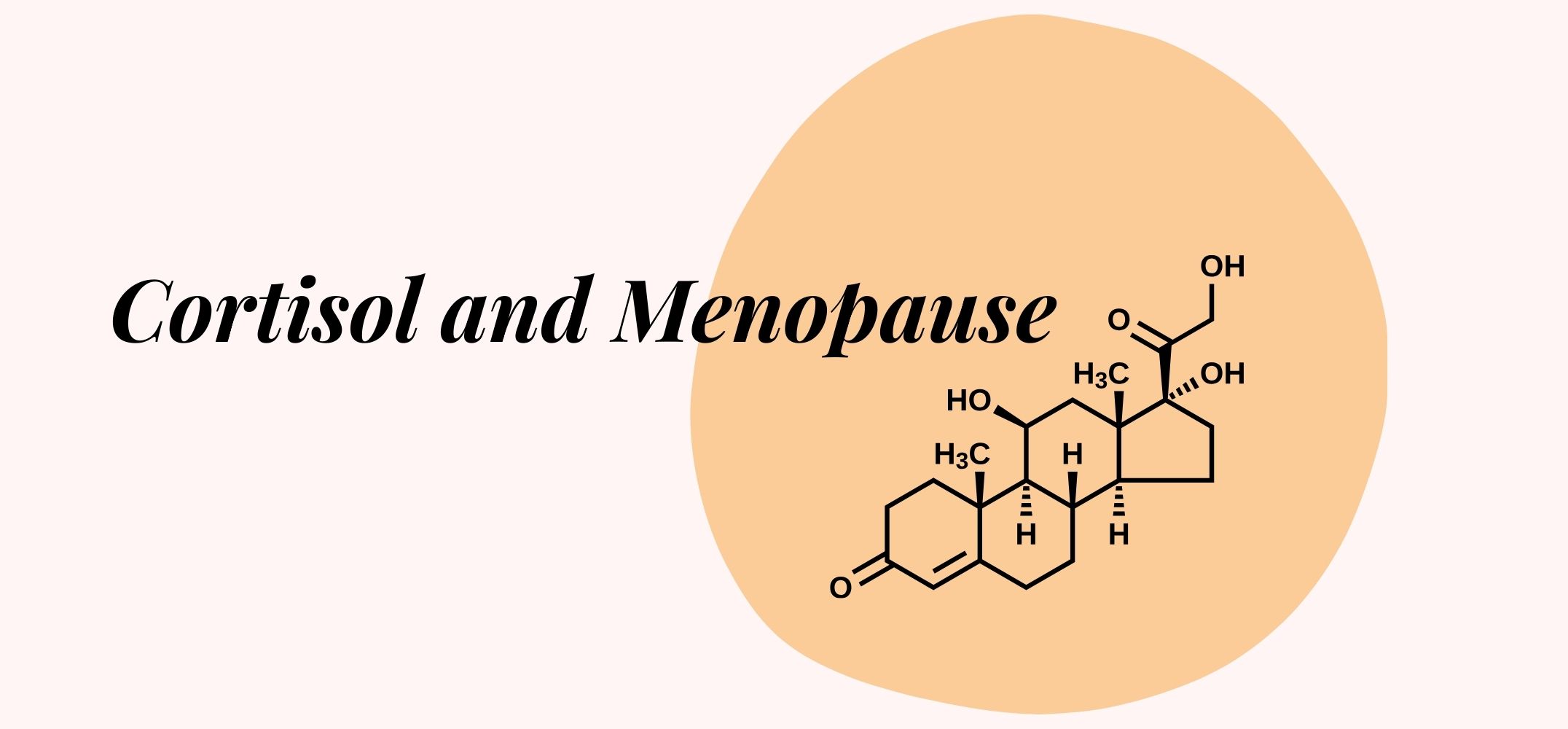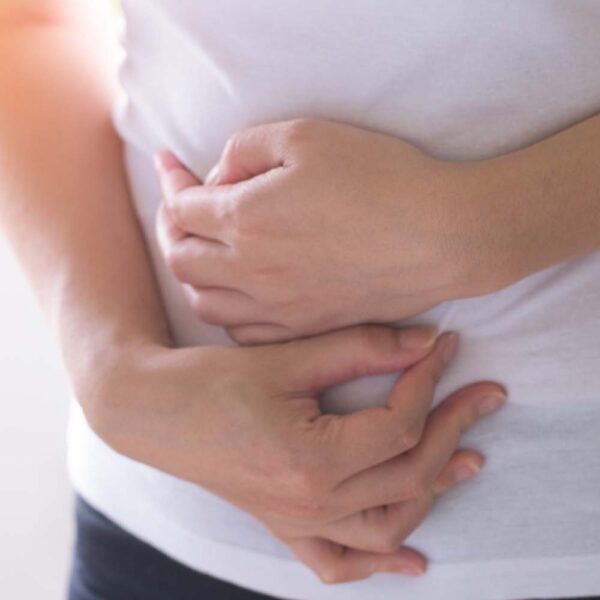Known as the ‘stress hormone’, and involved in our bodies’ “fight, flight or freeze” response. Cortisol helps protect our bodies against “danger” during stress. In the caveman days this helped us get away from danger such as predators, it did this by increasing blood sugar levels, redirecting energy to muscles and suppressing non-essential functions (like digestion and immune response) to help with quick survival reactions. Nowadays, work, traffic and our busy schedules can be so stressful that our body feels as though we are chronically running away from “lions”.
This chronic stress keeps cortisol levels high, leading to:
- Increased belly fat (as the body stores fat for “future emergencies”)
- Muscle loss (as the body breaks down protein for energy)
- Blood sugar imbalances (increasing cravings and insulin resistance)
- Poor sleep (cortisol should drop at night, but stress keeps it high)
What about during menopause? During menopause, cortisol can have an even greater impact because of hormonal changes. When oestrogen and progesterone decline, the body becomes more sensitive to stress, causing higher cortisol levels.
How can you lower your cortisol levels?
 1. Practice mindful behaviours. Breathing exercises, meditation (this could look like praying for some or guided meditation for others), yoga or walks in nature.
1. Practice mindful behaviours. Breathing exercises, meditation (this could look like praying for some or guided meditation for others), yoga or walks in nature.
 2. Avoid overloading your schedule. Your body is more stress-sensitive now and taking the time to use techniques like the Eisenhower’s Urgent-Important Matrix, may help. See diagram below.
2. Avoid overloading your schedule. Your body is more stress-sensitive now and taking the time to use techniques like the Eisenhower’s Urgent-Important Matrix, may help. See diagram below.
 3. Prioritise sleep. Consider supplements such as magnesium glycinate (we have a great one—Chelated Magnesium Premium) and avoiding screen time an hour before bed.
3. Prioritise sleep. Consider supplements such as magnesium glycinate (we have a great one—Chelated Magnesium Premium) and avoiding screen time an hour before bed.
 4. Balance blood sugar. Eat protein and healthy fats with every meal to prevent crashes and reduce refined carbs and sugars, which spike cortisol. You can also consider supplements
4. Balance blood sugar. Eat protein and healthy fats with every meal to prevent crashes and reduce refined carbs and sugars, which spike cortisol. You can also consider supplements








